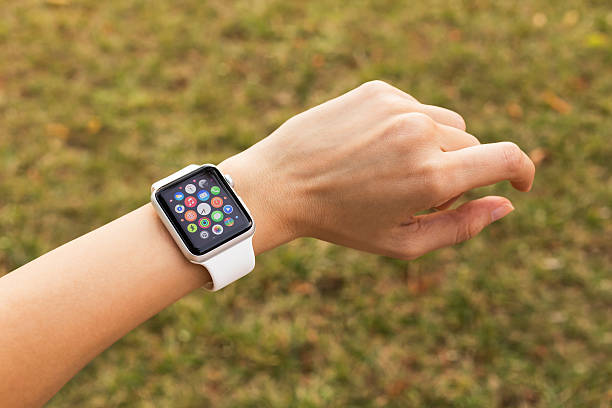Judging your workout by “Calories burned” is a waste of time!
By Gemma Yates
Picture the scene: you've just finished a wicked session and you're buzzing on endorphins. Then you look at your fitness tracker. The "burn" isn't what you thought it would be and before you know it, that post-workout high has officially left the building.
We get it. For so long women have been sold exercise solely as a way to burn calories, and the more the better, so it makes sense that we feel validated when we see big numbers at the end of a workout. We're not about to tell you to go flog your Apple watch on Vinted – fitness tech can be great for assessing your baseline fitness and encouraging you to live a more active lifestyle by hitting step and sleep goals – but using "calories burned" as the only metric to measure the effectiveness of a workout is a bad idea, and could be hindering your progress. Here's why…
CALORIES BURNED ≠ PROGRESS
So you had a huge "burn" during a workout. But did you lift any heavier than you did last week? Can you do an exercise that you couldn't when you first started training? Besides measuring your heart rate and making calculations based on data about your weight and height, your fitness tracker has no idea what you're actually doing during a workout, and different ways of training burn different amounts of calories (more on that below). Your heart rate will naturally be higher when you're on your 10th burpee than when you're on you're 10th back squat, but it doesn't mean you've made any real fitness progress.

FITNESS TRACKERS LIE
It's a bitter pill to swallow when you've just forked out a few hundred quid on some fancy fitness tech, but unfortunately, accuracy is not their forte. In 2017, Stanford University scientists found that most fitness trackers are good at measuring heart rate, but poor at measuring calories burned. Seven devices, from brands including Apple, Fitbit and Samsung were tested on 60 volunteers who walked, ran or cycled. While six of the devices measured heart rate with an error rate of less than 5 percent, not a single device had below 20% rate of error when it came to measuring calories burned. In fact, the least accurate device was off by a whopping 93%.
AND THEY HATE STRENGTH TRAINING
That deadlift PB you just got? Your watch doesn't give a damn. Because strength training doesn't elevate your heart rate in the same way HIIT or cardio does, your tracker registers it as a lower caloric burn. The thing is though, strength training keeps your metabolism active after exercising for way longer than after an aerobic workout, and lean muscle mass is more metabolically active than fat tissue. Sure, lifting weights won't give you the same "burn" on your watch, but it will give you way better results and shift the dial on changing your physique.

IT CAN BECOME OBSESSIVE
Fixating over the number of calories burned during a workout is dangerous territory. Not only can it totally kill the dopamine hit you get from exercising, it could lead to restricting food because you haven't "burned enough" to "earn" a meal. We'd also advise against comparing your calorie burn with other peoples – everything from gender and age to diet and muscle-to-fat ratio will affect the energy expended by an individual, so don't stress if you're BFF burned more during Functional than you did.
Shift the focus from the number of calories you're burning during exercise and concentrate more on the endless other benefits – not only will you enjoy it more, you might actually make some epic progress.
